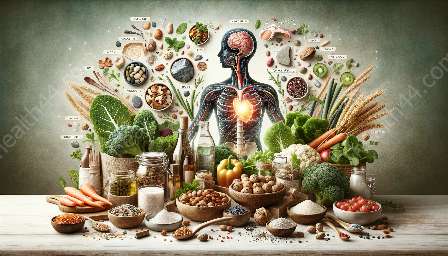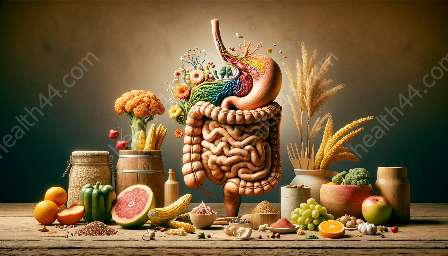Obtaining the right balance of calories is crucial for maintaining good health and achieving optimal nutrition. To develop a comprehensive understanding of calories, it’s essential to explore the science behind them, learn how they impact our bodies, and comprehend their role in a balanced diet. Let’s delve into the world of calories to understand how they influence nutrition and health.
The Science of Calories
Calories are a measure of the energy stored in food and are essential for the functioning of the human body. The energy derived from calories fuels various bodily processes, including metabolism, physical activity, and even basic functions like breathing and circulating blood.
Understanding the science behind calories requires delving into the macronutrients that provide them: carbohydrates, proteins, and fats. Carbohydrates and proteins contain 4 calories per gram, while fats provide 9 calories per gram. This knowledge is fundamental to comprehending the energy dynamics of different foods and their impact on our bodies.
Calories and Nutrition
Calories are intrinsic to nutrition and serve as the foundation of a balanced diet. Achieving the right balance of macronutrients and calories is vital to ensure that our bodies receive the energy and nutrients necessary for optimal health and well-being.
Understanding the role of calories in nutrition involves learning about calorie requirements, also known as TDEE (Total Daily Energy Expenditure). TDEE accounts for the calories needed to support basal metabolic rate, physical activity, and the thermic effect of food. It is essential to align caloric intake with TDEE to maintain energy balance and support overall health.
The Impact of Calories on Health
Consuming an appropriate number of calories is crucial for maintaining a healthy weight and reducing the risk of chronic diseases. Excessive calorie intake can lead to weight gain, obesity, and related health issues, while insufficient caloric intake can result in malnutrition and its associated complications.
Understanding the impact of calories on health requires mindful eating, awareness of portion sizes, and making informed food choices. It’s important to prioritize nutrient-dense foods that provide essential vitamins, minerals, and other beneficial compounds alongside the necessary calories.
Calories and Weight Management
Calories play a pivotal role in weight management, as the balance between caloric intake and expenditure directly influences body weight. To achieve and maintain a healthy weight, understanding caloric needs, making conscious food choices, and engaging in regular physical activity are essential.
Adopting a balanced approach to calories and weight management involves creating sustainable lifestyle habits, focusing on nutrient-rich foods, and striving for a healthy relationship with food and exercise. By recognizing the significance of calories in weight management, individuals can work towards their health and fitness goals while promoting overall well-being.
Incorporating Calories into a Balanced Diet
When incorporating calories into a balanced diet, it's important to emphasize a variety of nutrient-dense foods, including fruits, vegetables, whole grains, lean proteins, and healthy fats. Opting for whole, unprocessed foods ensures that the body receives essential nutrients alongside the necessary calories.
Portion control and mindful eating are also critical components of incorporating calories into a balanced diet. By being conscious of portion sizes and listening to bodily hunger and fullness cues, individuals can maintain a healthy relationship with food and support their overall nutritional and health needs.
The Role of Calories in Overall Well-being
Ultimately, understanding calories and their intricate relationship with nutrition and health is fundamental to promoting overall well-being. By recognizing the significance of calories, individuals can make informed dietary choices, support their energy needs, and pursue a balanced and sustainable approach to nutrition and health.
By embracing the science of calories, incorporating them thoughtfully into a balanced diet, and recognizing their impact on health and weight management, individuals can harness the power of calories to optimize nutrition and promote lifelong well-being.




























